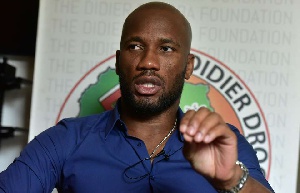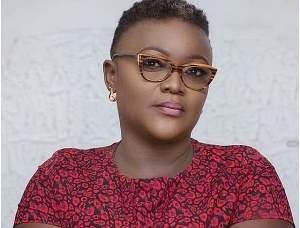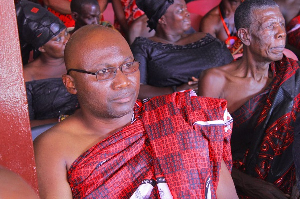Health News of Friday, 12 September 2014
Source: GNA
Ghana stands risk of importing Polio
Though Ghana has not recorded a case of polio since 2008, it stands a greater risk of importing the disease with reported cases from some African countries.
Until all countries, especially neighbouring ones are free, Ghana cannot stand aloof due to the infectious nature of the disease.
Countries such as Somalia, Equatorial Guinea, Cameroon and Ethiopia have recorded outbreaks this year with the current outbreak in Africa taking its origin from Nigeria and spreading to other countries.
Nigeria, Afghanistan and Pakistan continue to be endemic countries.
“Due to the fluid and porous nature of Ghana’s borders, coupled with globalisation, the possibility of spread is imminent,” said Health Minster Dr Kwaku Agyeman Mensah, in a speech read on his behalf at the 2014 launch of Polio National Immunisation Days (NIDs) in Accra.
For this reason Ghana would from September 18 to September 20 September deploy 50,000 health workers and trained volunteers across the country to administer the first round of polio vaccines to all children under five years.
Additional doses of the polio vaccine would be repeated in a second round of the NIDs Campaign from October 30 to November 1, as doses of Vitamin A would be administered to the target group to safeguard their health.
Targeting about 5.3 million children, the exercise comes at a cost of GH? 6, 765,860 which is equivalent to $1,748, 284 with an operational cost of GH? 1.8 per child.
UNICEF, WHO, Rotary Club International, Ministry of Health and the Church of Jesus Christ of Latter Day Saints are funding the initiative.
Before the launch of the Global polio Eradication Initiative, polio was endemic in over 125 countries and paralysed about 1000 children daily.
However, through immunisation effort, the incidence of polio has decreased by more than 99 per cent with about 2.5 million children and more than five million disabilities being prevented worldwide.
The Minister of Health has therefore called for total support from health personnel, communities and the District Assemblies and all who matter to mobilise the children for a successful immunisation programme.
According to Dr George Bonsu, National Programme Manager for the Expanded Programme on Immunisation polio has no cure but could be prevented from vaccinations and each child needs about 10-15 doses to be protected.
From October 1996 to date Ghana has conducted 47 vaccination campaigns against polio, with 185 million doses of the vaccines administered to children under five.
“Polio will continue to threaten children everywhere as long as it exists somewhere. In this age of global travel, a new outbreak of polio might only be a plane ride away. In our case, it will be a bus ride away,” he said.
Dr Bonsu said there is the need to consolidate gains by protecting children, preventing re-establishment of wild poliovirus transmission in polio free areas as part of the endgame strategy, a global call to end polio now.
UNICEF Ghana Country Representative Susan Namondo Ngongi who spoke on behalf of the donor partners commended Rotary International and all involved to nib the disease in the bud and cautioned Ghana to be on the alert especially where it finds itself among the endemic countries.










